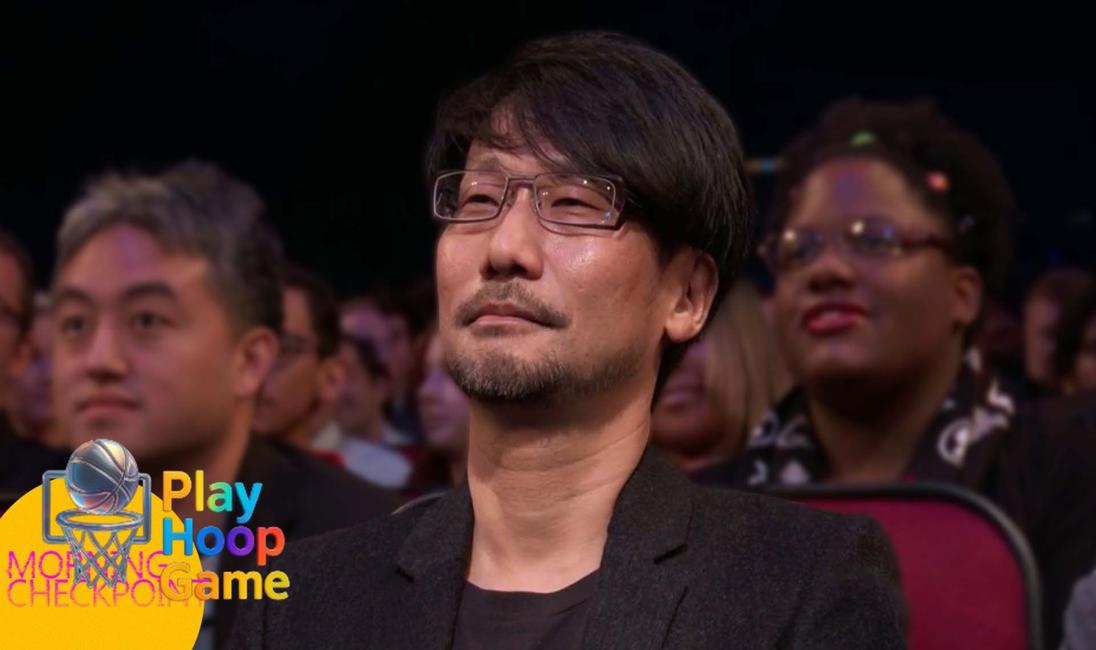Okay, so Hideo Kojima – yeah, that Hideo Kojima, the mastermind behind Metal Gear Solid and Death Stranding – dropped a bit of a bomb recently. He thinks AI is going to be as transformative for games as the jump to 3D graphics was back in the day. And, honestly? I think he might be right. Maybe.
Because think about it: games have been chasing realism and immersion for decades. We went from sprites to polygons, from MIDI soundtracks to full orchestral scores, from static environments to sprawling open worlds. Each leap has been about bringing us closer to the experience, right?
And AI? Well, potentially, it’s the key to unlocking true immersion. Not just pretty graphics, but worlds that react believably, stories that adapt to your choices in meaningful ways, and characters that feel genuinely…alive. That’s the promise, anyway. Of course, promises are easy to make and hard to keep, as my mother always says.
The Ghost in the Machine: AI's Potential Impact
What does this actually mean for the future of games? Let me try to break it down.
First, there’s the potential for procedural generation on steroids. We’ve already seen games use algorithms to create landscapes, dungeons, and even entire planets. But imagine AI that can generate compelling content, not just random noise. Cities with unique histories, characters with believable motivations, quests that feel organic and connected to the world. Suddenly, the possibilities become almost limitless. I've been playing with some new games lately, and it has me thinking a lot about open-world games and if they truly are open. It's kind of a joke, but also kind of serious.
Then there’s the NPC revolution. No more cardboard cutouts standing around waiting for you to trigger their pre-scripted dialogue. Instead, imagine characters with their own goals, personalities, and agendas. Characters that react to your actions in unpredictable ways, that remember your past interactions, that evolve over time. That's genuinely exciting, isn't it?
But the real game-changer, in my opinion, is AI’s potential to create truly dynamic stories. We’re talking about narratives that adapt to your choices in real-time, branching storylines that are shaped by your actions, and characters that learn from their mistakes (or double down on them, because let’s be real, that’s what most people do). Think about a game where your decisions actually matter, where the consequences ripple outwards in ways you can’t predict. That's the kind of experience that sticks with you long after you’ve put down the controller.
The Hideo Kojima Factor
Now, why should we care what Hideo Kojima thinks about all this? Besides the fact that he's, you know, Hideo Kojima? Well, he has a knack for spotting trends and pushing boundaries. He’s not afraid to experiment, to take risks, to challenge our expectations of what games can be. And, frankly, he's got a pretty good track record. The man practically invented the stealth genre, for crying out loud!
His games aren't always perfect, of course. Some people find them pretentious, convoluted, or just plain weird. But they’re always interesting. And that's what makes his endorsement of AI so significant. It's a signal that this isn't just some passing fad, but a fundamental shift in how games are made and experienced. Pokemon's most recent reveal has me wondering what else they will add in the future.
He sees the possibilities, the potential to create something truly special. And when Kojima gets excited about something, people tend to listen.
The Perils of Progress (and the Rise of Sentient Toasters)
Of course, there are downsides. The rise of AI in games raises a lot of questions, not all of them comfortable. What happens to the role of human developers? Will AI-generated content lack the creativity and artistry of human-designed experiences? And what about the ethical implications of creating increasingly realistic and intelligent virtual characters? I've got to admit, this part fascinates me—and scares me a little.
Here's the thing: AI is a tool. Like any tool, it can be used for good or for ill. It can be used to enhance our creativity, to push the boundaries of storytelling, to create more immersive and engaging experiences. Or it can be used to churn out endless streams of generic, soulless content, to replace human artists and designers, and to create virtual worlds that are ultimately empty and meaningless. It's up to us to decide which path we take.
And hey, if you aren't worried, here's a neat adventure game!
The rise of AI also poses potential risks such as job displacement for game developers, lack of human creativity in AI-generated content, and ethical concerns about virtual characters, necessitating responsible development and careful consideration of its impact on the industry.
FAQ: AI and the Future of Gaming
Will AI take over game development jobs?
That’s the million-dollar question, isn’t it? The short answer is probably not completely. AI will likely automate some tasks, especially the more repetitive ones, potentially leading to shifts in job roles. Think of it less as AI replacing developers entirely and more as AI augmenting their abilities, allowing them to focus on more creative and strategic aspects of game design. But honestly, the industry has always evolved, and developers who adapt and embrace new technologies will be best positioned for the future.
How will Hideo Kojima Says AI impact the quality of games?
Potentially a lot! The hope is that AI will allow for more dynamic, reactive, and personalized experiences. Imagine worlds that feel truly alive, stories that adapt to your choices, and characters that learn and evolve. However, there's also the risk of AI-generated content lacking the artistic touch and creativity of human-designed experiences. It's a balancing act, and the industry needs to find a way to harness the power of AI without sacrificing the soul of gaming.
Is AI going to make games too realistic?
That’s a valid concern! As games become more realistic, both visually and behaviorally, it raises questions about the impact on players. Will it blur the lines between reality and fiction? Will it lead to desensitization? It's important for developers to consider these ethical implications and to use AI responsibly to create experiences that are engaging and immersive but also respectful and mindful of the potential consequences.
What are the biggest challenges of using AI in games?
Oh, there are a few! One is making sure the AI is actually good. No one wants to play a game where the AI is buggy, predictable, or just plain dumb. Another challenge is balancing the use of AI with human creativity. You don't want AI to completely take over the design process, but rather to enhance and augment the abilities of human developers. And finally, there are the ethical considerations I mentioned earlier – making sure that AI is used responsibly and ethically.

























